Forged or Cast 1
There are two current manufacturing processes for producing golf club heads. Forging is the classic method where a bar of metal (billet) that's been heat-softened is pounded into shape by high pressure. Casting involves pouring molten metal into a mold that has the desired shape. Both processes are used for irons and metalwoods, but our focus here is on irons.
The choice of production methods usually depends on cost and design. Cast clubs are less costly to produce, and allow for a greater range of shapes to be incorporated into the head. Stainless steel alloys are typically used for casting because of its more liquid properties when heated compared to carbon steel -- molten carbon steel can be too viscous for casting clubs. Hard alloys in cast clubs are often used to allow for thinner club faces and exotic shapes in the design.
Forging is derived from the time-honored process of working heat-softened metal into shape by hand. Of course, modern machinery has replaced the hammer and anvil, but the mystique of forging craftsmanship and tradition remains. Carbon steel has been the metal of choice for golf clubs. Hardness is determined by the amount of carbon in the steel. Higher carbon content (~1%) increases brittleness, and lower carbon content (~0.1%) softens the metal. Experience has shown that a carbon content near 0.25% (often identified as "1025" carbon steel) yields a preferred softness for irons.
The choice of forged or cast in selecting irons and the techniques used in forging is endlessly debated. Bypassing arcane details, our choices focus on performance, feel, and craftsmanship. All considerations taken into account, the results you get from your irons on a course matter most to us.
An important factor in selecting forged irons is the ease of adjusting lie and loft angles to get the specifications optimal for your swing. A lie angle variation of one degree can make a noticeable difference in the playability of an iron, especially at higher lofts. Having the right gaps in loft angles through a set promotes consistency in your game.
Iron clubs cast from brittle alloys can crack where the hosel joins the head, and some stainless steel alloys have a spring effect that can destabilize the new bend angle. In selecting cast clubs, softer stainless steel is definitely recommended. While there are many good cast designs available, adjusting irons by bending to optimize lie angles is an important factor in optimizing performance.
Irons forged from premium carbon steel can be easily adjusted to fit the exact angles needed for your swing technique. It's a custom fitting option that will make a difference in the accuracy and consistency of your shots.
Japan-forged Miura irons have raised the art of the iron to the highest level of refinement in golf. Miura irons are produced from the best carbon steel alloys and incorporate revered traditions in metal craftsmanship and design. Their combination of forging technology, performance results, and stunning design is unsurpassed. It's what we recommend when you want the very best for your game.






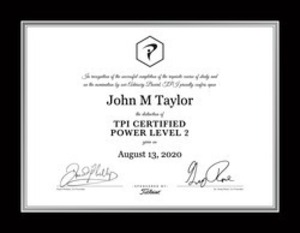




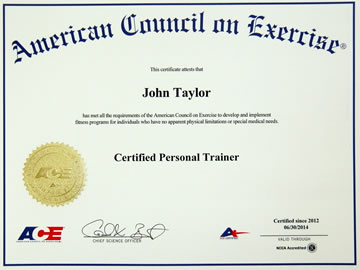
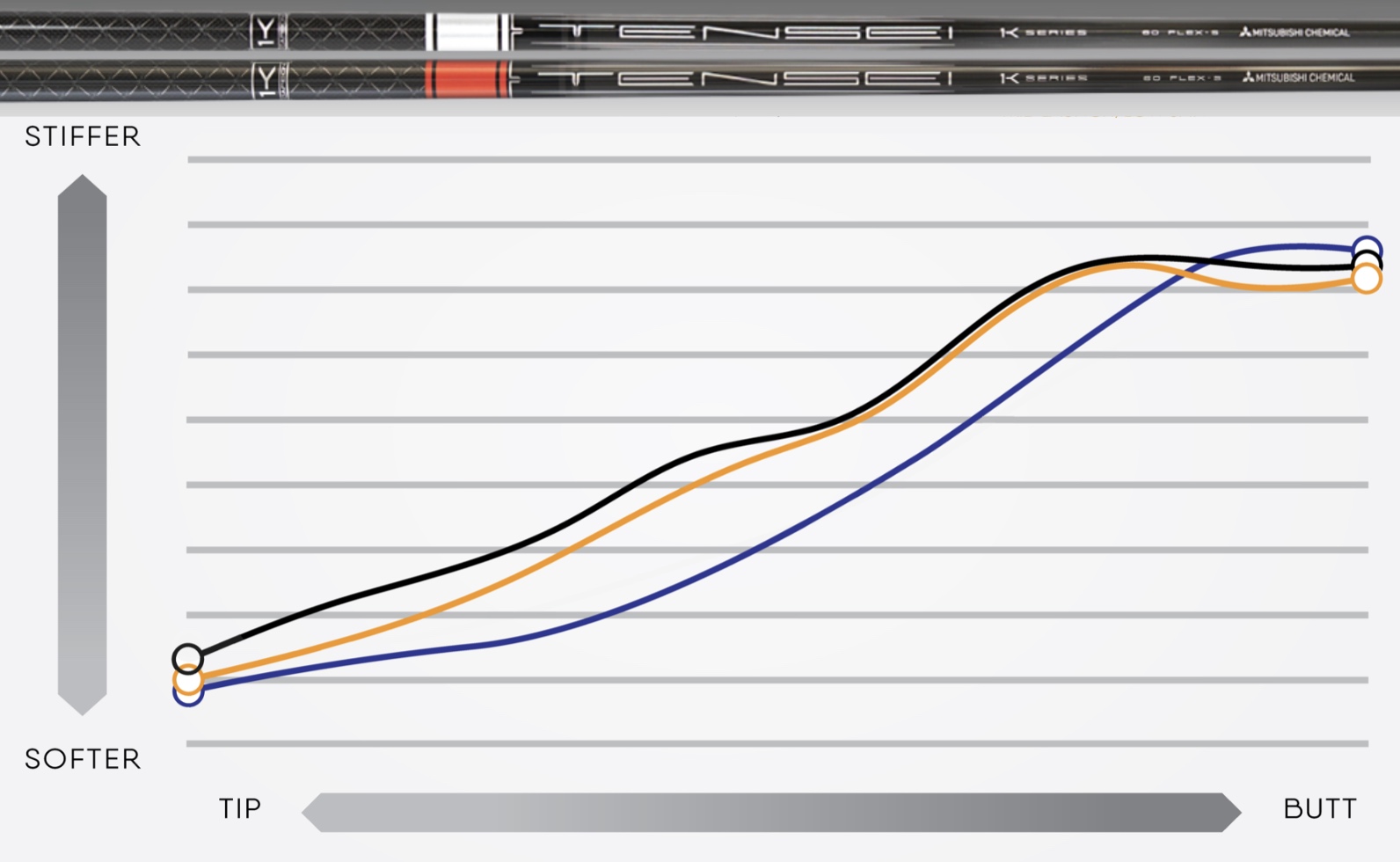
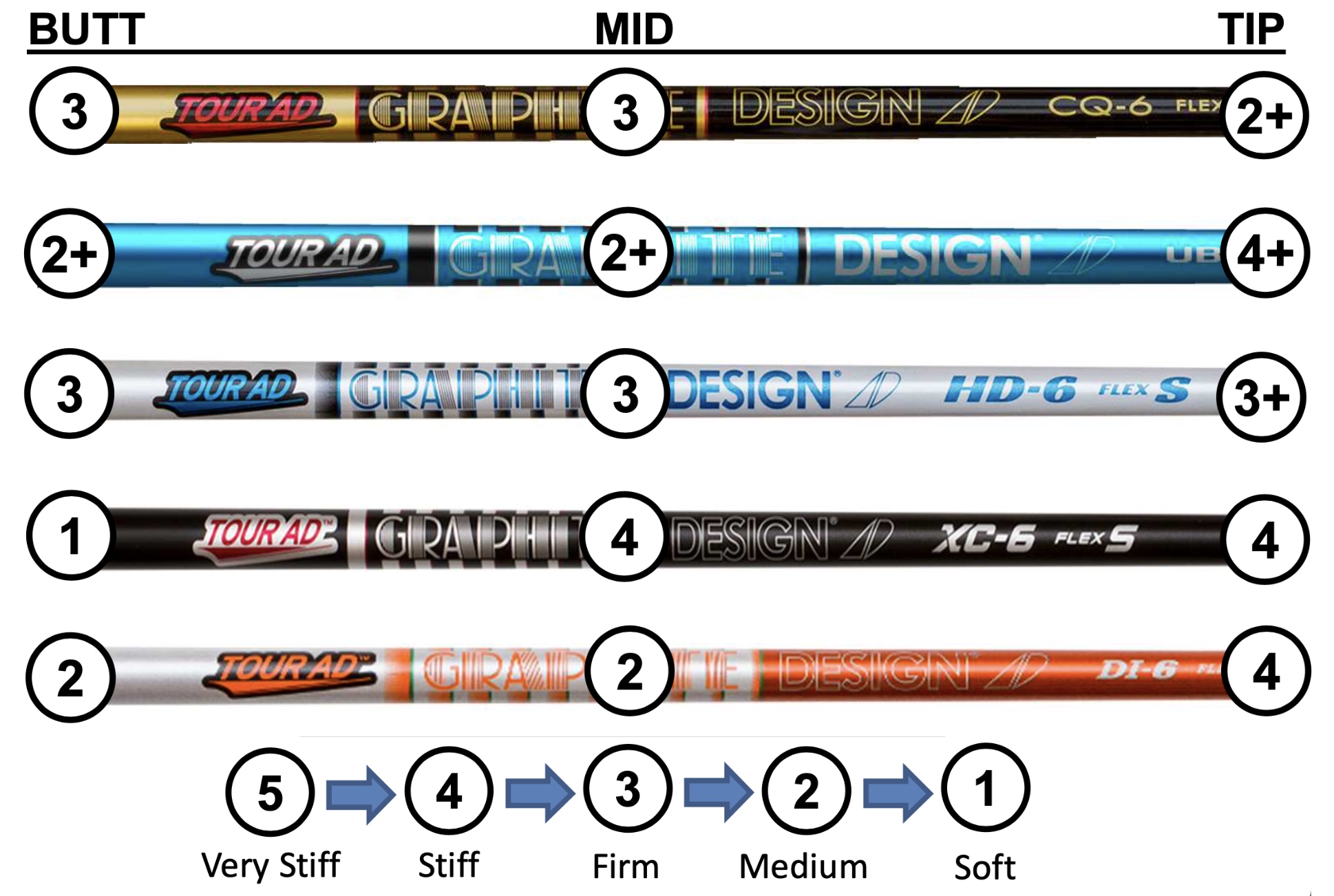





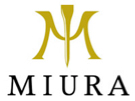







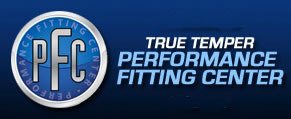

 John Taylor
John Taylor
Reader Comments